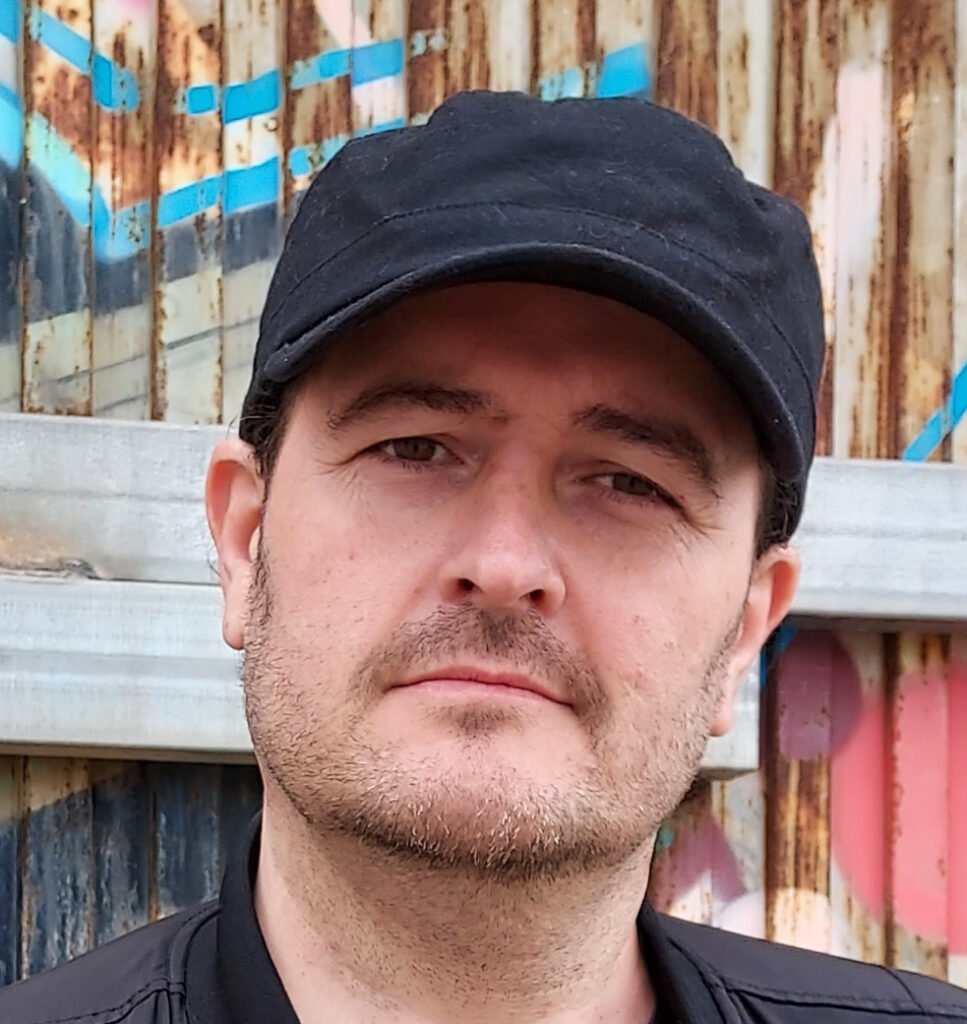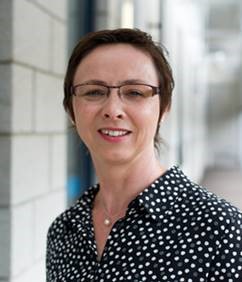

James Scott and Beate Lichtwardt, part of the User Support and Training Team in the UK Data Service, describe a bespoke Safe Researcher Training session, delivered at the request of the British Telecom.
Many researchers in the UK will have been trained to use controlled/secure access data by the UK Data Service over the past decade or so. This training is very often a prerequisite to accessing the UKDS SecureLab, or similar Trusted Research Environments (TRE) which also require Safe Researcher Training (SRT) as part of their application process. However, sometimes requests are received from groups that do not fit this description. Where possible, the UK Data Service is happy to service such training needs.
Upon their request, we delivered a SRT session to data analysts at British Telecom. We had been contacted about the potential delivery of the course to this group of researchers by Senior Geospatial Data Scientist, Tim Rains, who had attended a previous version of the training course. He had been impressed with both content and delivery.
We run regular SRT sessions throughout the year, approximately every 3 weeks. However, this ‘special request’ came from a group of analysts who fall outside of our usual audience of researchers applying for secure access data, and thus did not have to attend SRT as part of the usual application process. As Tim explained, the BT staff members were used to handling their data and felt that they were doing everything they could to keep their outputs free from the potential risk of re-identification and attribution. Nevertheless, being conscientious, they were keen to ensure that they had every angle covered, and wanted to see if they were missing anything, or could improve their procedures in any way whilst handling these sensitive customer data.
As acknowledged experts in this area, the UK Data Service was the obvious choice to deliver this session. As the teams most experienced trainers we were tasked with delivering the course to fifteen BT analysts.
Prior to the session, we provided an overview of the learning objectives covered by the SRT course, and a breakdown of the main structure. Further, as well as the direct benefits of the training, we advised that this would also equip attendees with the knowledge to complete the online test. This test – if passed – allows individuals to accrue ‘Accredited Researcher’ status within the Digital Economy Act framework. The course content was amended to suit the researchers’ particular needs, whilst still retaining all necessary material to meet the core learning objectives.
This bespoke Safe Researcher Training was delivered over 3 hours. Whilst all were encouraged to do the online test afterwards, it was made clear that this was not a requirement for data access in this instance as the attendees were not going to be accessing their data through a TRE in the usual way.
We received very positive feedback for both course content and the effectiveness of the trainers.
This and previous requests for, and experiences of, running such sessions suggest that there is a need for bespoke Safe Researcher Training outside of our usual user group. We are pleased to be able to consider such requests as and when they arise via our online enquiry form available at https://beta.ukdataservice.ac.uk/help.
You can find out more about our regular SRT sessions and other training events on our website.
About the authors
James Scott is part of the User Support and Training Team at the UK Data Archive. James is largely involved with UKDS SecureLab and the training associated with its use. He has worked on research projects covering such diverse topics as perceptions of social class, young people’s involvement in gangs, schools, households’ response to job loss, and Christmas. He is vice-chair of the Safe Data Access Professionals group and is part of the Safe Researcher Training Expert Group.
Beate Lichtwardt works in User Support and Training/ UKDS SecureLab at the UK Data Service, UKDA, University of Essex. She is a quantitative social scientist, having formerly worked at the Max Planck Institute for Human Development in Berlin, and the Institute for Social and Economic Research at the University of Essex. Beate represents the UKDS in the International Data Access Network (IDAN), has been the UKDS lead for SSHOC WP5.4 ‘Remote Access to Sensitive Data’, is Co-Chair of the International Secure Data Facility Professionals Network (ISDFPN) as well as a Steering Group Member, and Deputy PI for the UKDS involvement in EOSC-ENTRUST project, WP7, Driver 2 ‘Common standards to enable trans-national sharing of administrative/register and social science data’.
